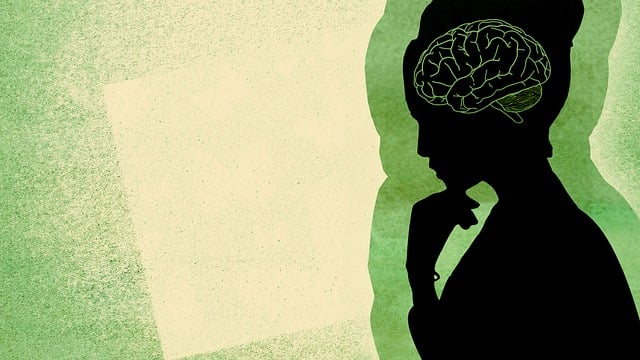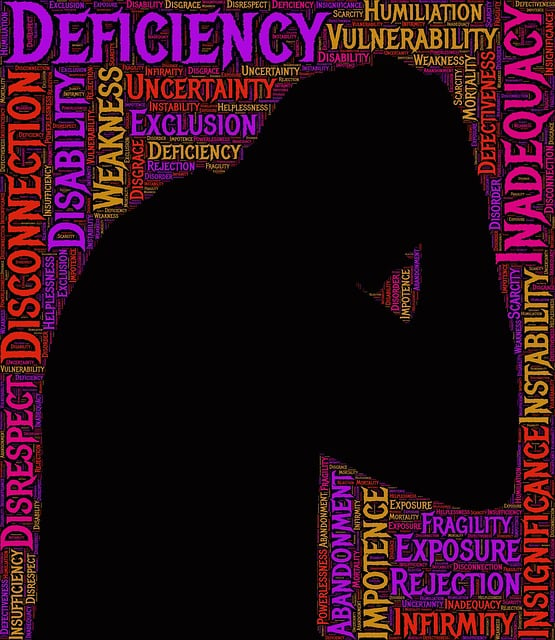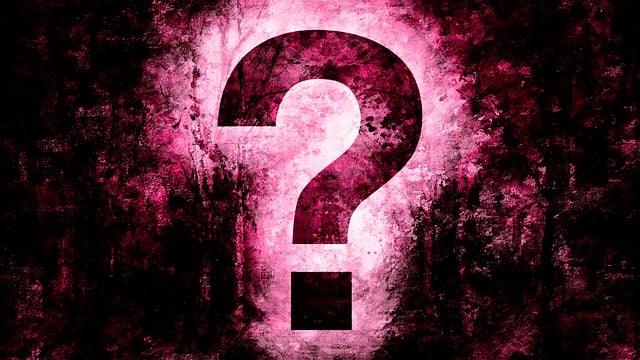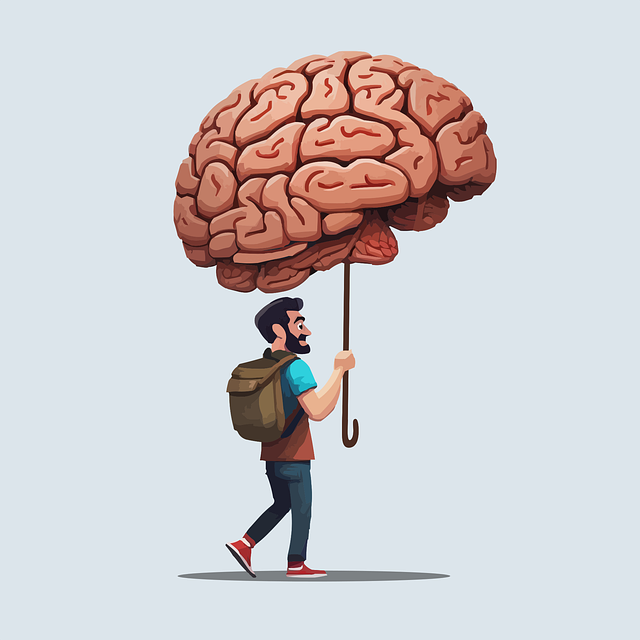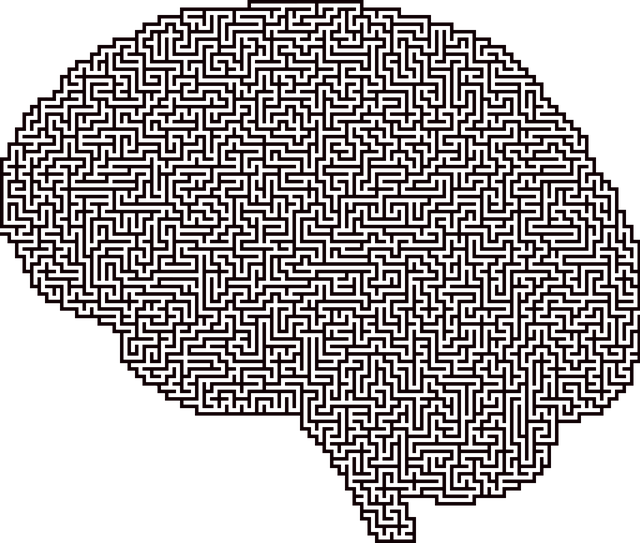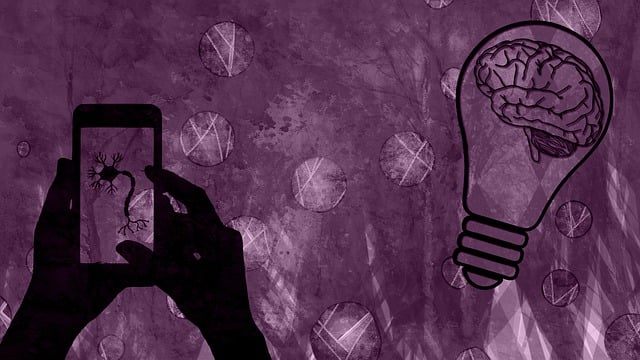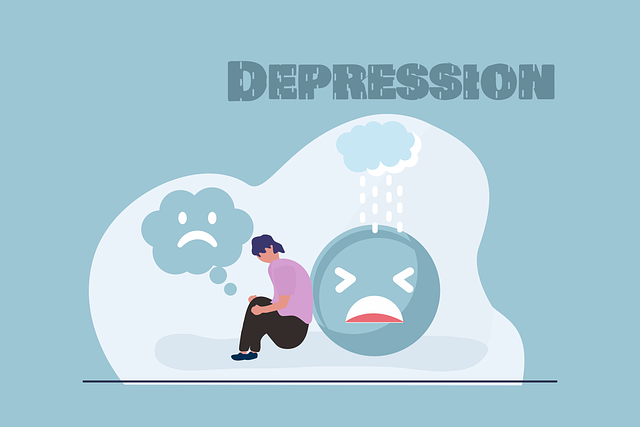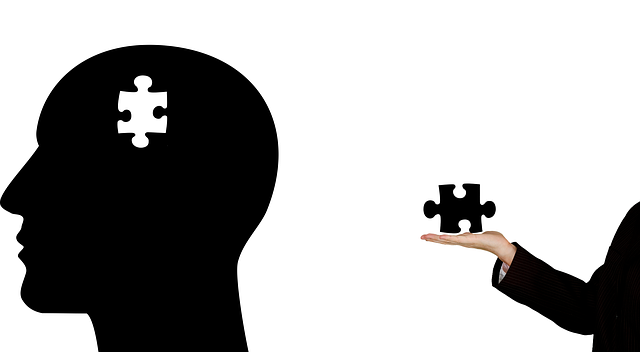Developing mental wellness apps, particularly for bipolar disorder like those used in Arvada, requires understanding specific user needs and integrating evidence-based practices. Apps should offer personalized treatment plans, mood tracking, educational resources, and communication tools for healthcare provider interaction. Key features include Mind Over Matter principles, stress management, and cultural competency to empower users with control over their mental health journey. Technologically, developers in Arvada utilize Java, Swift, React Native, Flutter, cloud services, and wearable integration for robust, secure apps that enhance therapy effectiveness and respect user privacy through stringent data protection protocols.
In today’s digital age, technology offers innovative solutions for mental health support, particularly for managing conditions like bipolar disorder. This article explores the development of mental wellness apps tailored for individuals in Arvada seeking bipolar disorder therapy. We delve into understanding the foundational aspects of mental health and bipolar spectrum disorders, highlighting the importance of app-based interventions. By identifying user needs and considering essential features, technology choices, and ethical guidelines, we aim to revolutionize access to care, offering a digital sanctuary for those navigating bipolar wellness in Arvada.
- Understanding Mental Health and Bipolar Disorder: A Foundation for App Development
- Identifying User Needs: Targeting Individuals with Bipolar Disorder
- Key Features of an Effective Mental Wellness App for Bipolar Therapy
- Technology Considerations: Tools and Platforms for App Creation
- Ethical and Privacy Concerns: Ensuring Safety in Digital Mental Health Solutions
Understanding Mental Health and Bipolar Disorder: A Foundation for App Development

Understanding Mental Health and Bipolar Disorder is a crucial step in developing effective apps for therapy and support. In Arvada, Bipolar Disorder Therapy has evolved beyond traditional face-to-face sessions, with digital tools gaining prominence. Apps can provide personalized treatment plans, mood tracking, and educational resources tailored to individual needs. By integrating evidence-based practices and leveraging technology, these platforms offer accessible and flexible care options for those managing bipolar disorder.
Effective app development goes beyond simply providing information. It requires a deep understanding of the user’s experience and incorporating communication strategies that foster engagement. Healthcare Provider Cultural Competency Training is essential to ensure apps respect diverse cultural contexts and promote inclusive mental wellness practices. By addressing these aspects, developers can create tools that not only assist individuals with bipolar disorder but also empower them to take control of their mental health journey.
Identifying User Needs: Targeting Individuals with Bipolar Disorder

Identifying user needs is a critical step in developing mental wellness apps tailored to specific conditions. When targeting individuals with Bipolar Disorder in Arvada, it’s essential to understand their unique challenges and preferences. This demographic often seeks tools that can help manage mood swings, provide coping strategies, and offer a sense of control over their condition. A well-designed app should incorporate features like mood tracking, personalized treatment plans, and access to educational resources about bipolar disorder.
By focusing on these aspects, apps can enhance the effectiveness of therapy and improve overall mental health outcomes. Additionally, incorporating confidence-boosting exercises and mental health education programs designed specifically for bipolar individuals can empower users to take an active role in their care. Ensuring a user-friendly interface and discrete access, especially for those who may face stigma, is also vital. Moreover, risk assessment features for mental health professionals can aid in early intervention and support.
Key Features of an Effective Mental Wellness App for Bipolar Therapy

An effective mental wellness app for bipolar disorder therapy should offer a comprehensive suite of features tailored to meet the unique needs of individuals living with this condition. Firstly, it must provide personalized treatment plans based on user input and progress tracking. This allows users to engage in self-care routines designed by their healthcare provider, ensuring adherence to the prescribed course of action. Incorporating Mind Over Matter principles through mindfulness exercises, cognitive behavioral therapy (CBT) techniques, and mood journaling can empower users to gain insight into their emotional states and effectively manage bipolar symptoms.
Additionally, these apps should facilitate communication between users and their healthcare providers, enabling easy access to support. Features like secure messaging, video consultations, and regular check-ins enhance continuous care, especially for those in Arvada seeking bipolar disorder therapy. Incorporating stress management tools, such as breathing exercises and relaxation techniques, is also vital to help users navigate stressful situations that may trigger bipolar episodes. Moreover, cultural competency training within the app ensures inclusive support, catering to diverse user backgrounds.
Technology Considerations: Tools and Platforms for App Creation

In the realm of mental wellness app development, technology plays a pivotal role in shaping user experiences and therapeutic outcomes. For developers creating applications like Arvada Bipolar Disorder Therapy, choosing the right tools and platforms is essential. Modern development environments offer a plethora of options, from robust programming languages like Java and Swift to versatile frameworks such as React Native and Flutter. These enable cross-platform compatibility, ensuring apps can reach a wider audience without compromising functionality.
Furthermore, leveraging cloud services for data storage and management enhances security and scalability. Incorporating features like real-time data synchronization, secure user authentication, and seamless integration with wearable devices is crucial. Public Awareness Campaigns Development strategies can be integrated into these platforms to educate users about mental health issues, while Risk Management Planning for Mental Health Professionals finds support in the robust analytics and monitoring capabilities offered by modern app development tools. Self-Care Routine Development for Better Mental Health can also be facilitated through intuitive user interfaces that encourage consistent engagement.
Ethical and Privacy Concerns: Ensuring Safety in Digital Mental Health Solutions

In the digital age, developing mental wellness apps presents a unique set of challenges, particularly when it comes to ethical considerations and user privacy. As more people seek therapeutic support through innovative digital solutions, ensuring the safety and well-being of users with conditions like bipolar disorder becomes paramount. Apps designed for Arvada Bipolar Disorder Therapy must adhere to stringent data protection protocols to safeguard sensitive personal information. Users must be informed about data collection practices, consent given freely, and their right to privacy respected at every step.
Transparency is crucial; app developers should clearly communicate how user data is used, stored, and secured. Incorporating coping skills development tools, mental wellness journaling exercise guidance, and self-care routine development features can enhance the app’s therapeutic value. However, these functionalities must be designed with ethical frameworks in mind to prevent potential harm or misuse of user information. Regular security audits and updates are essential to address evolving privacy concerns and maintain user trust in digital mental health solutions.
The development of mental wellness apps, particularly those tailored for managing bipolar disorder, presents a promising avenue for enhancing access to Arvada Bipolar Disorder Therapy. By combining insights from understanding mental health, identifying user needs, and leveraging appropriate technology, we can create effective tools that support individuals in their journey towards stability. However, it is crucial to address ethical considerations and prioritize privacy to ensure the safety and efficacy of these digital solutions. With the right approach, mental wellness apps have the potential to revolutionize bipolar therapy, offering convenient, personalized, and accessible support for those who need it most.
